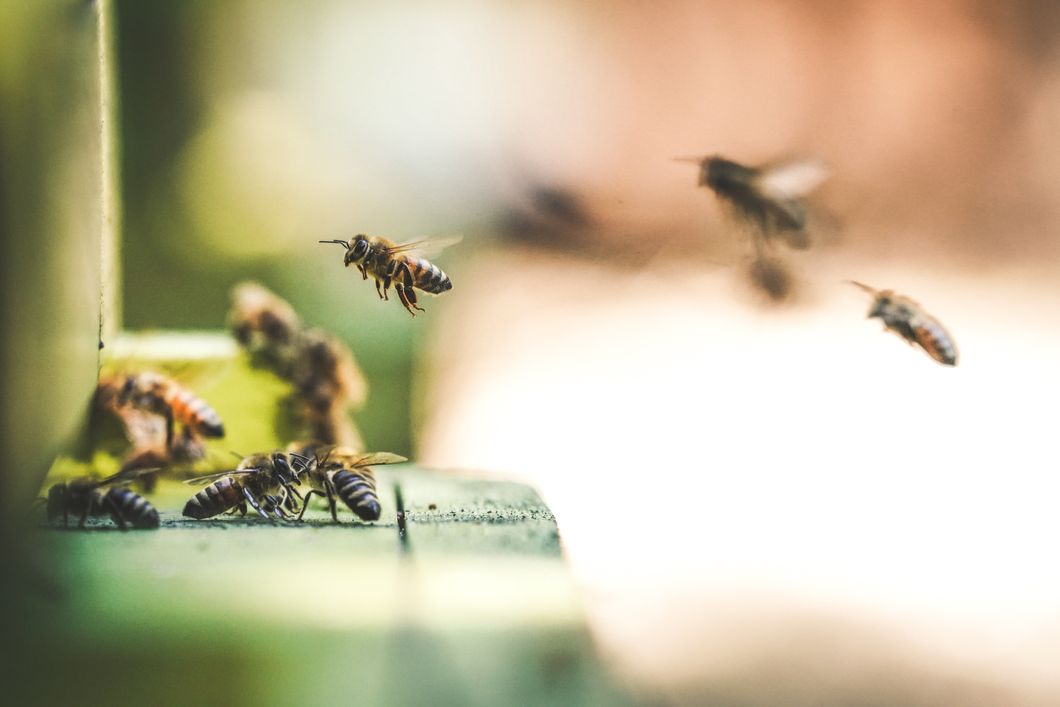A billion dollar industry, a cure to illnesses, and crucial to our survival - bugs. Insects are probably the most despised and neglected creatures on our planet, but in reality, they do much more good than bad for humans and our planet. Believe it or not, those disgusting creatures that make you cringe at the sight of them are actually just here to help.
Insects contribute immensely to the economy.
These seemingly useless creatures perform billions of dollars of labor in agriculture, at no cost. According to a study at Cornell, insects are responsible for pest control, crop pollination, and grazing lands which would typically cost farmers about $57 billion dollars a year. This free labor alone is enough to appreciate the unseen services which insects provide us!
They're a surgeon's right-hand-man.
How could insects possibly be used to aid in surgery? In recent clinical trials, it's been discovered that the venom from the deathstalker scorpion, when combined with fluorescents, can help surgeons to easily identify and target the tumor in patients' brains. In this article from the Smithsonian, they describe a success story of using this venom to remove a tumor from a young boy's brain.
No pollination, no peaches.
Bees' pollination is responsible for much more than just honey. Their services are crucial to providing us with watermelons, peaches, cherries, and apple... just to name a few. One of their largest contributions though is the California almond pollination. Brittany Goodrich explains further, "California is the world's biggest supplier of almonds, making up 77 percent of all production in 2017." Bees are imported to CA for their one-of-a-kind services that allow the majority of the world to enjoy almonds.
Don't knock them until you try them!
In many countries outside of the US, it's considered normal and even a delicacy to enjoy insects with your meal. When diving deeper into the nutrients they can provide our bodies, it is clear why grasshoppers will be welcomed to the dinner table. Ipatenco writes that 3.5 oz serving of grasshoppers can account for a minimum of 25% of our daily protein needs. Caterpillars are also a popular dish in Africa, providing consumers with a great source of zinc, calcium, and potassium. Knowing these health benefits, it's no surprise that bugs are consumed across the globe.
All insects are on our planet for a reason, and many of those reasons are to aid in our survival and well-being. One could even argue that they're more considerate of caring for our planet than we are. So, next time you see a honeybee in your vicinity think twice before you start swatting at one of nature's biggest helpers.



 Today I am
Today I am  Go to the gym
StableDiffusion
Go to the gym
StableDiffusion
 Listen to more music
Photo by
Listen to more music
Photo by  Have more patience
StableDiffusion
Have more patience
StableDiffusion














